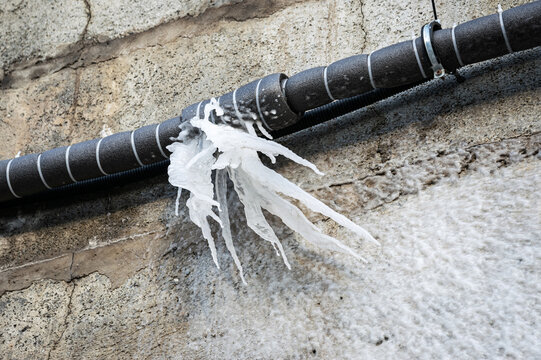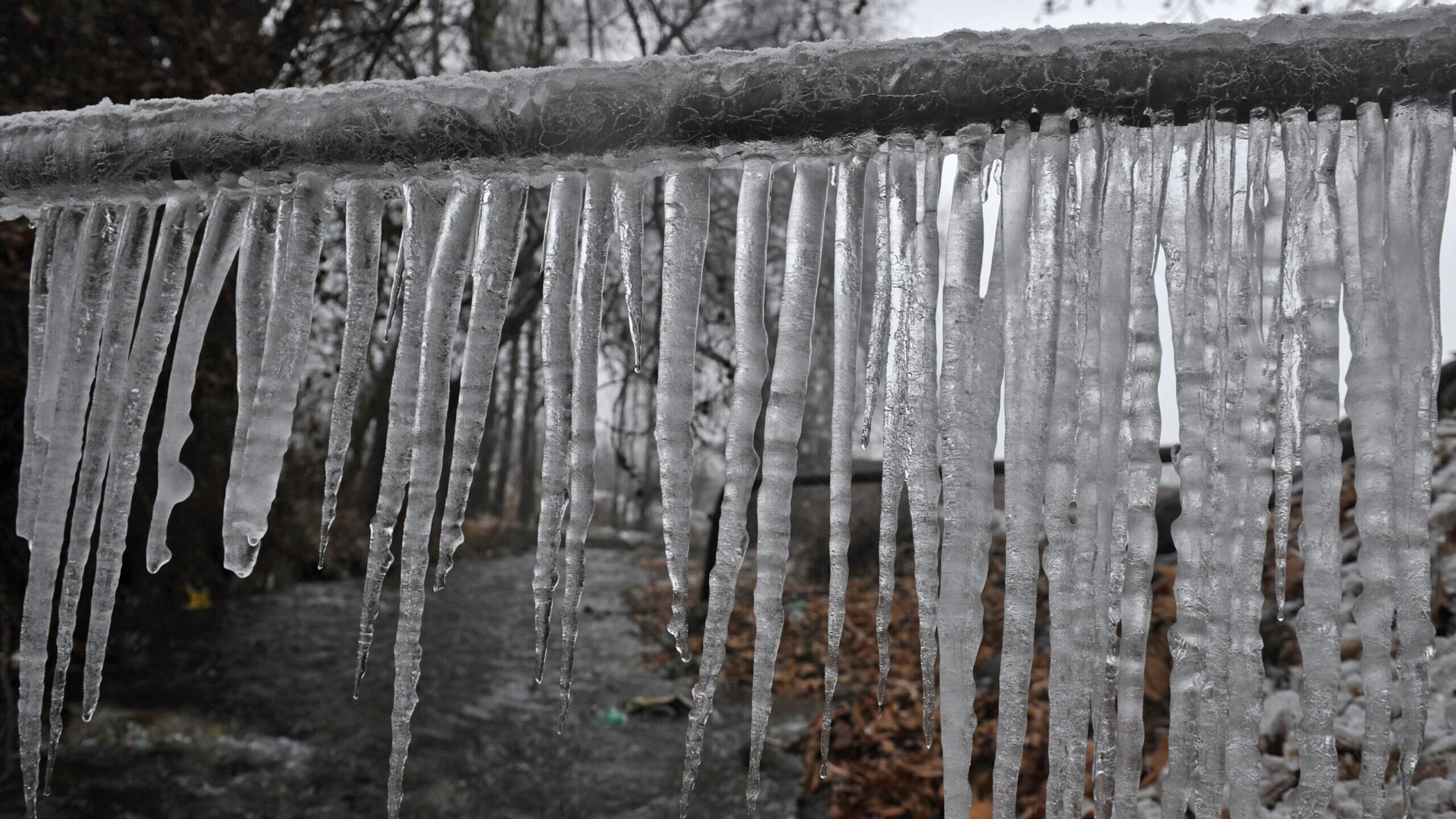Important Advice to Avoid Frozen Pipes in Winter: Specialist Insights
Important Advice to Avoid Frozen Pipes in Winter: Specialist Insights
Blog Article
The writer is making a number of good observations on the subject of Prevent Frozen Pipes overall in the content just below.

Winter can wreak havoc on your pipes, especially by freezing pipes. Here's exactly how to stop it from taking place and what to do if it does.
Intro
As temperatures decline, the threat of icy pipes rises, potentially resulting in pricey repairs and water damages. Comprehending how to stop icy pipes is critical for property owners in cold environments.
Comprehending Frozen Pipelines
What causes pipelines to ice up?
Pipes freeze when subjected to temperature levels listed below 32 ° F (0 ° C) for extended periods. As water inside the pipes freezes, it expands, taxing the pipeline walls and possibly triggering them to burst.
Threats and damages
Icy pipelines can cause water interruptions, residential or commercial property damage, and costly repair work. Burst pipelines can flood homes and cause considerable architectural damage.
Signs of Frozen Pipes
Identifying frozen pipes early can prevent them from rupturing.
Just how to determine frozen pipes
Search for lowered water circulation from faucets, unusual smells or sounds from pipes, and visible frost on revealed pipelines.
Prevention Tips
Insulating vulnerable pipelines
Wrap pipes in insulation sleeves or make use of warmth tape to safeguard them from freezing temperatures. Focus on pipes in unheated or outside locations of the home.
Home heating techniques
Keep interior spaces properly warmed, specifically locations with plumbing. Open up cabinet doors to permit warm air to distribute around pipes under sinks.
Securing Outdoor Plumbing
Yard hoses and outside taps
Separate and drain garden pipes prior to winter. Set up frost-proof spigots or cover outside taps with insulated caps.
What to Do If Your Pipes Freeze
Immediate actions to take
If you presume icy pipelines, maintain taps open up to relieve stress as the ice thaws. Make use of a hairdryer or towels taken in hot water to thaw pipes slowly.
Long-Term Solutions
Architectural changes
Consider rerouting pipes away from outside wall surfaces or unheated locations. Include additional insulation to attic rooms, basements, and crawl spaces.
Upgrading insulation
Buy high-grade insulation for pipes, attic rooms, and wall surfaces. Correct insulation assists preserve regular temperatures and decreases the danger of frozen pipes.
Verdict
Stopping icy pipes needs proactive actions and quick actions. By comprehending the reasons, signs, and safety nets, home owners can shield their plumbing during cold weather.
5 Ways to Prevent Frozen Pipes
Drain Outdoor Faucets and Disconnect Hoses
First, close the shut-off valve that controls the flow of water in the pipe to your outdoor faucet. Then, head outside to disconnect and drain your hose and open the outdoor faucet to allow the water to completely drain out of the line. Turn off the faucet when done. Finally, head back to the shut-off valve and drain the remaining water inside the pipe into a bucket or container. Additionally, if you have a home irrigation system, you should consider hiring an expert to clear the system of water each year.
Insulate Pipes
One of the best and most cost-effective methods for preventing frozen water pipes is to wrap your pipes with insulation. This is especially important for areas in your home that aren’t exposed to heat, such as an attic. We suggest using foam sleeves, which can typically be found at your local hardware store.
Keep Heat Running at 65
Your pipes are located inside your walls, and the temperature there is much colder than the rest of the house. To prevent your pipes from freezing, The Insurance Information Institute suggests that you keep your home heated to at least 65 degrees, even when traveling. You may want to invest in smart devices that can keep an eye on the temperature in your home while you’re away.
Leave Water Dripping
Moving water — even a small trickle — can prevent ice from forming inside your pipes. When freezing temps are imminent, start a drip of water from all faucets that serve exposed pipes. Leaving a few faucets running will also help relieve pressure inside the pipes and help prevent a rupture if the water inside freezes.
Open Cupboard Doors
Warm your kitchen and bathroom pipes by opening cupboards and vanities. You should also leave your interior doors ajar to help warm air circulate evenly throughout your home.

I found that blog entry on Winter Plumbing Precautions: Preventing Frozen Pipes when exploring the web. Do you know another individual who is interested in the subject? Please feel free to share it. Thanks for your time. Don't hesitate to pay a visit to our website back soon.
Request Free Estimate Report this page